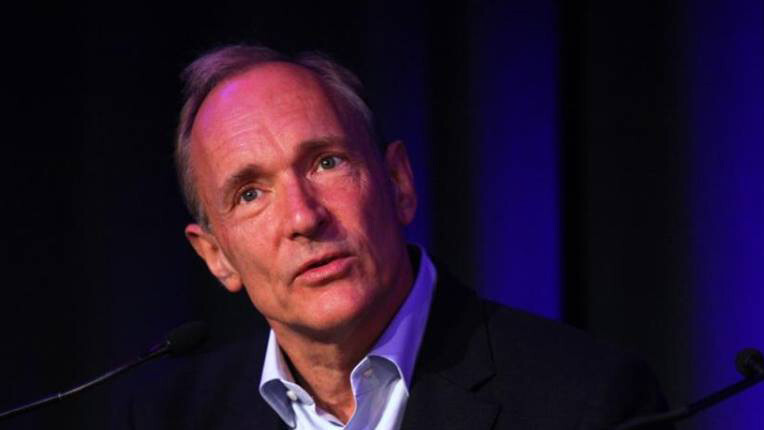Although the internet has created millions of new opportunities for people around the world and made the sum of human knowledge available to anyone with a connection, it’s also created problems that seem impossible to solve.
“Edward Snowden showed we’ve inadvertently built the world’s largest surveillance network with the web,” said Brewster Kahle, who heads up Internet Archive. And he’s not wrong: governments across the globe keep an eye on what their citizens are accessing online and some censor content on the Web in an effort to control what they think.
Sir Tim Berners-Lee, who invented the World Wide Web, believes that the way his creation works in the present day “completely undermines the spirit of helping people create.”
To that end, Berners-Lee, Kahle and other pioneers of the modern Web are brainstorming ideas for a new kind of information network that can’t be controlled by governments or powered by megacorporations like Amazon and Google.
Along with luminaries like TCP/IP protcol co-creator Vint Cerf, Mozilla Project leader Mitchell Baker and Electronic Frontier Foundation special advisor Cory Doctorow, they’ve gathered at the Decentralized Web Summit in San Francisco to discuss how this new kind of internet can be created and sustained.
Participants and speakers also mulled over the use of increased encryption and methods to bring more accountability, as well as to reduce content creators’ and publishers’ dependence on ad revenue by developing secure, direct cryptocurrency-based payment methods for subscribers.
But while it’s comforting to know that such great minds are coming together to address these issues that affect every Web user, it’s scary to think that it was us humans that polluted the internet and turned it into what it is today – and in all probability, we’ll ruin the next great network too.
The Decentralized Web Summit is on from June 8-9 and you can catch the livestream on the event’s ZeroNet site.
Get the TNW newsletter
Get the most important tech news in your inbox each week.






